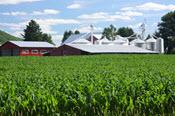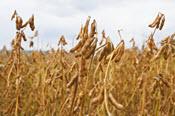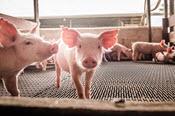Protecting the province’s groundwater
A bottled water company in southern California carefully manages its natural spring water source
By Kate Ayers
Staff Writer
Better Farming
Ontario residents are fortunate to have access to fresh and clean drinking water. In total, 99.8 per cent of municipal residential drinking water system samples met the province’s strict quality standards, recent test results released by the Ministry of the Environment, Conservation and Parks showed.













